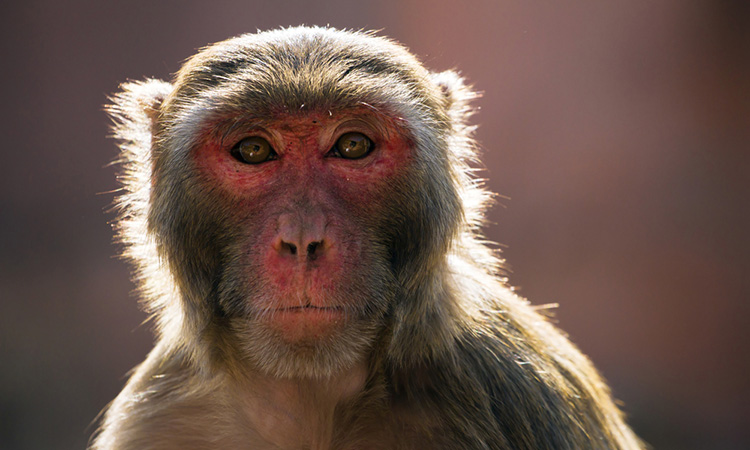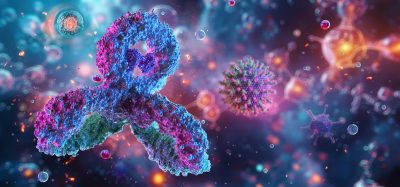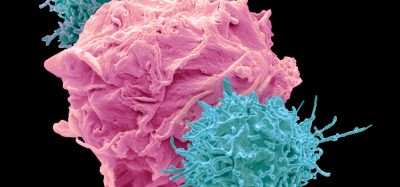Rhesus macaques with SARS-CoV-2 develop promising immune response
Posted: 25 January 2021 | Victoria Rees (Drug Target Review) | No comments yet
A study has shown that the immune response of rhesus macaques with SARS-CoV-2 could be reproduced with a vaccine.


A new study has shown that rhesus macaque monkeys infected with the human coronavirus SARS-CoV-2 developed protective immune responses that might be reproduced with a vaccine. The work was carried out at the California National Primate Research Center (CNPRC) at the University of California (UC), Davis, US.
“These results suggest that vaccines inducing durable protective immunity against SARS-CoV-2 do so by stimulating robust germinal centre responses – a question that can be effectively answered using the rhesus model,” said Assistant Professor Smita Iyer, one of the lead researchers.
According to the researchers, the immune response to coronavirus plays a protective role in recovery from disease and most patients make a full recovery. However, an uncontrolled immune response or “cytokine storm” is also implicated in causing severe complications in some people.
Iyer and colleagues infected eight rhesus macaques at the CNPRC with SARS-CoV-2 virus isolated from the first human patient treated at UC Davis. The researchers followed immune responses in the animals over roughly two weeks. The animals showed either mild disease that was quickly resolved or no symptoms, with a brief and transient immune response.
The animals showed all the signs of producing an effective immune response to a viral infection. They made a type of helper cell called Th1 cells in the blood, lungs and lymph nodes and produced both IgM-type antibodies and the higher-affinity IgG antibodies associated with long-term immune protection.
Importantly, structures called germinal centres developed in the lymph nodes near the lungs. These contained cells called T follicular helper (Tfh) cells. Germinal centres and Tfh cells are associated with generating plasma cells, which remain in the body for many years to produce antibodies against pathogens the immune system has seen before. These plasma cells allow the immune system to “remember” and react to infections that occurred years or decades previously.
“These results suggest that SARS-CoV-2 vaccines that induce Th1-Tfh responses will support immunity,” Iyer said.
The study was published in Nature Communications.
Related topics
Antibodies, Disease Research, Immunology, Protein, Proteomics
Related conditions
Covid-19
Related organisations
University of California Davis
Related people
Assistant Professor Smita Iyer








